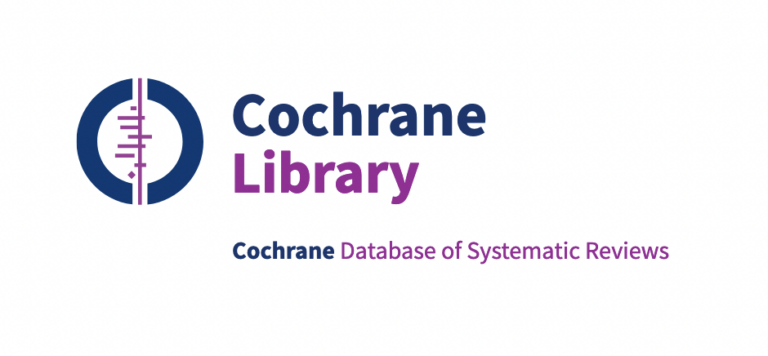Knowledge of EC Among Male Students in Latvia
In an effort to curb the number of unwanted pregnancies in Latvia, a small-scale study was undertaken to determine male students’ knowledge about and attitudes towards EC, the first of its kind undertaken in this country. Researchers posited that within Riga Stradins University, male students of the Social Science Faculty were less informed about EC than male students of the Medical Faculty. Additionally, the researchers believed that first-year students would be less knowledgeable about EC than third-year students. To test this, the researchers administered an anonymous survey with a closed and structured questionnaire consisting of 23 questions, and the results were varied. 95.2% of the students knew when to use EC, but only slightly more than half of respondents, 59.4%, knew such specific things as time limit for use. The study also showed that 91.4% of students believed that EC was harmful to women’s health. As stated in the hypothesis, the third-year Medical Faculty students knew more about EC than the first-year Medical Faculty students, but the first-year Social Science Faculty students were more aware and knowledgeable about EC than the third-year Social Science Faculty students. Promisingly, though, 86.7% of students knew where to buy EC and 83.8% knew that it was available over-the-counter. This study also found that although most of the students had very little information about EC, many stated that they would like to learn more. The researchers interpreted this as meaning that male students care about the problem of unwanted pregnancy and are ready to help solve it.


